"When you become a leader, success is all about growing others.” So said Jack Welch, the chairman and chief executive of General Electric, the US conglomerate, between 1981 to 2001.
Welch, rated “Manager of the Century” by Fortune magazine in 1999, certainly walked that talk. On his watch, General Electric became almost as famous for its leadership training as its explosive business growth. His “rank and yank” management system fired the bottom 10 per cent of the workforce each year.
But on the flip side the company’s Crotonville "learning centre" was alive and well in upstate New York. It had a $1bn budget to produce a steady supply of chief executives for General Electric’s global businesses. General Electric's alumni went on to become bosses for other US corporations.
General Electric wasn't the only company producing first-class management talent. IBM, Procter & Gamble and McKinsey had CEO production lines too.
Neither is it just a US phenomenon. Hindustan Unilever, the Indian offshoot of the UK’s Unilever, has turned out an extraordinary 400 chief executives. These CEOs now lead companies ranging from Nestle India to Chanel, the luxury brand.
And there are CEO factories in the UK too. A swathe of the most senior executives running UK plc in the past 30 years have previously been colleagues, learning their trade at companies such as Mars, Asda, Tesco and BP.
At Mars the bosses of the future were identified straight out of university and cultivated on a graduate training scheme, while Asda and Tesco fast-tracked the highest-flying thirty-somethings they could find. BP, meanwhile, opted to hothouse individuals who were hand-picked by the top boss.
The 1980s graduate intake at Mars were a vintage cohort. Overseen by general sales manager Allan Leighton, many went on to run businesses that ranged from supermarket chains to TV stations, airlines and even English football. They included some of the best-known businesspeople in Britain: Adam Crozier and Justin King.

Most graduates began by touring small shops selling sweets or pet food and stocking shelves out of the back of their company cars. There was an egalitarian culture where everyone clocked on, there were no reserved car park spaces and open-plan offices.
Even without any special favours, however, some female recruits still managed to climb the ladder: Sara Weller became MD of Argos, Helen Stevenson became group marketing director of a major high street bank and Angela Spindler moved on to Asda and then to three CEO roles. All have also had multiple non-executive roles.
Cambridge graduate Richard Baker joined Mars in the mid-1980s and succeeded Leighton as sales and marketing director. Some 10 years later Baker joined his former boss at Asda, before becoming the chief executive of Boots and chairman of a plethora of companies, including Whitbread and Virgin Active.
There were several reasons why the Mars trainees became such high achievers, Baker says. The two-year scheme provided training in almost every aspect of management, from how to give a presentation to how to write a paper, do an appraisal or conduct a disciplinary.
The financial benefits were also quite welcome. “Mars paid more than anyone else, intentionally. It wanted the absolute pick of the crop,” he says. “We also never talked about a graduate training scheme; it was a management training programme. Its sole aim was to produce managers, not take in graduates.”
Those who failed to make the grade were asked to leave. “If you weren’t good enough, they moved you on. It really was up or out. A lot of people were exited, but it was done fairly and kindly. They paid for people to be outplaced.”
The steadfast dedication to training, Baker remarks, was not the brainchild of Leighton or any other executive at the time, although they clearly recruited a particularly talented group. It was instead “a corporate thing: hire the best and train professionally. It had already been going on for decades.”
The training was centred on Mars’s five principles of business, which, Baker recalls, were writ large “on the walls of every room”. They underpinned the training and still trip off his tongue: quality, responsibility, mutuality, efficiency, freedom.
Mutuality, he believes, was the key business value he learned. The Mars’ definition says that a “mutual benefit is a shared benefit; a shared benefit will endure”. It means, he explains: “Don’t kill your counterparty. Treat them fairly because you will want to do business with them again. It is not always about winner takes all.”
Several of the mid-1980s Mars intake – including Baker – later jumped ship to Asda, lured by Leighton, who had joined business wunderkind Archie Norman in a bid to resurrect the supermarket chain, then regarded as a basket case. Their turnaround became a sort of CEO finishing school that ultimately produced chief executives who ran companies ranging from Sainsbury’s in the UK to Levi Strauss & Co. in the US.
There was a rapid recruitment drive. “It was a hotchpotch of random hires,” recalls Baker. “They wanted to reboot the business fast with an influx of talented thirty-somethings. It was a rapid turnaround and we had to get on with it.”
Norman and Leighton opted for shirt sleeves and name badges, but the working environment was anything but casual. “It was relentless…brutally hard work,” says Baker. “Archie Norman was such a disciplinarian. Very demanding and challenging.”
As at Mars, underperformers were moved on, “but it was much tougher at Asda. A lot of people simply got fired.” Baker, however, says there was one benefit to the exacting environment: “It toughened people up, big time.”
Norman never set out to build a future CEO factory, he was focused on needing to turn around the business. He admits that at the time, Asda was not the most attractive place to work, but that they managed to hire a lot of talented people from good places, including Mars, although they struggled to poach people from Tesco or Sainsbury. “They thought they were elite,” he recalls.
One of the draws, he suggests, was that people were given a lot of responsibility early on. “People had a licence to do stuff and they learned from each other.
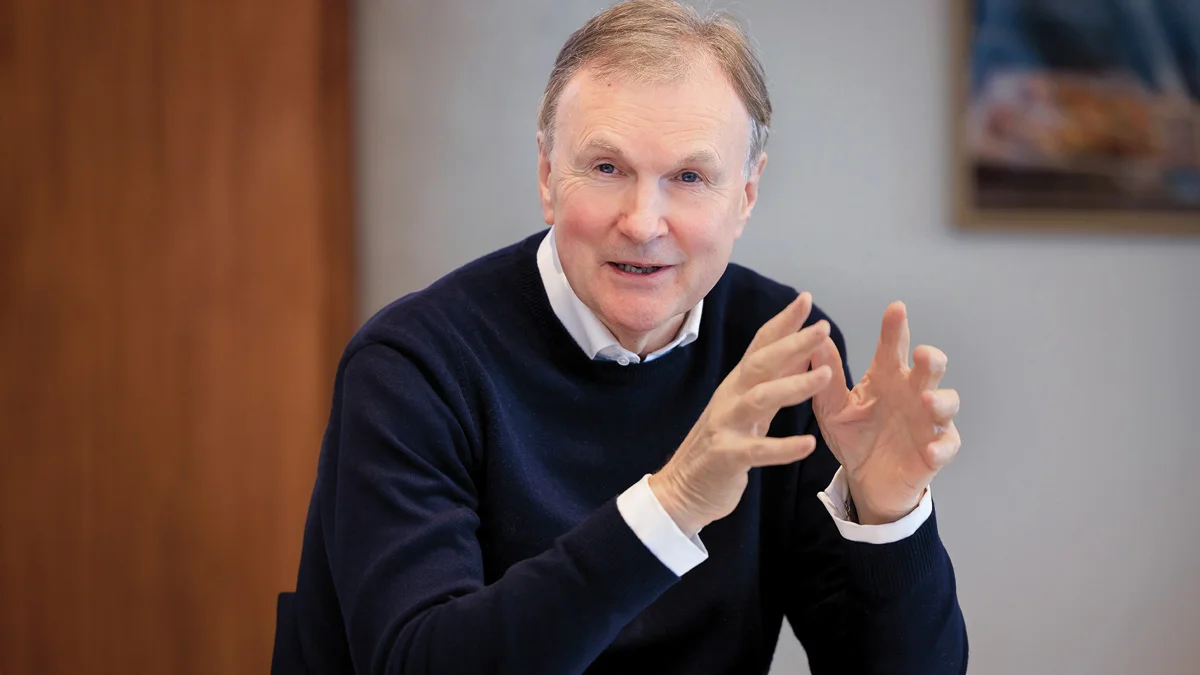
The essence was smart people, in at the deep end,” he says. “Some would swim and some would sink, but for those who did make it, they had an experience that catapulted them forwards.”
Norman admits he ran a tough regime with high standards. He admits that by today’s standards, it might not be thought of as politically correct, but believes it is what young people want. “There was a tension in the air, and they got a kick out of it if something went well. And if it didn’t, there was no b******t,” he admits. “We had to elevate the quality of work and we expected our people to work hard for it.”
They did indeed enhance the quality of work. Just eight years after Norman took over the near-bankrupt business, it was snapped up by Walmart for £6.7bn.
By the early 2000s, there was a new CEO school at the supermarket chain Tesco. At that time the grocer was growing at a breakneck pace, dominating the UK as well as multiple overseas markets, from Poland to Thailand, and constantly moving into new sectors – from the mobile phone business to opticians and coffee shops.
Like Norman, Tesco chief executive Terry Leahy targeted young high-flyers, recruiting people in their early 30s, often with an Oxbridge degree, an MBA from a top business school and a short spell in management consultancy. A few even had an armed services background. As at Asda, they were quickly placed in senior jobs where they could make a rapid impact.
It was another very tough environment. Meetings would regularly start an hour before they were scheduled, leaving even early arrivers looking like latecomers. Praise was unusual and even stellar sales numbers were never quite good enough. John Browett joined Tesco in 1999 and was swiftly installed as chief executive of Tesco.com with a mission to build a new internet-based, home-delivery business and make it a profit centre.
No sooner was it up and running than Browett was hired as chief executive of the sprawling Dixons/Currys group. He then moved to California for a spell as Apple’s head of retail, returning to the UK as chief executive of Monsoon Accessorize and then Dunelm. Today he is chairman of seven private companies, including Octopus Group.
Browett says the high achievements of his colleagues at Tesco were the result of targeted recruitment and the fact the company was a booming business. “Because Tesco was successful it was able to recruit good people. It was the biggest retailer. The gloss had gone off Marks & Spencer, Sainsbury’s was struggling and Asda had been sold to Walmart. Many people just didn’t want to work for Walmart.
“Terry [Leahy] was keen to recruit and there were huge opportunities for people. I got to launch Tesco.com. Others went abroad. You had the chance to run some big businesses internationally. We were the biggest in Thailand, Korea and many other places. They got good people in and then they had good opportunities.”
The tone, he says, was set from the top, and business discipline was tight. “Terry was a very good retailer and the atmosphere was very commercial. You learnt how to make money and there was pressure to perform,” says Browett.
“I wasn’t allowed to lose money. We never had quite enough money to do what we wanted to do and that was a great discipline. There were always trade-offs you had to make and you had to learn how to deal with people.”
Some executives were sent to business school, recalls Browett, and the on-site Tesco Academy taught leadership skills. Tesco’s famously flat structure and short reporting lines were a big plus. There were just five work levels from the shop floor to the CEO, with 100 executives on level five. “I was lucky because Terry and I got along really well”, recalls Browett. “I had a direct line to him.”
The culture was one of hard graft. “We weren’t workaholics, but if you had a big job you had to apply yourself. Everybody was busy so you had no chance to play politics. We had stretching targets, which means you can’t just do the same things every year. Everyone was fully stretched all the time. We worked hard and were all quite competitive.”
Some bosses were even more directly involved in the development of future bosses. Lord Browne, chief executive of oil giant BP between 1995 and 2007, always employed two, hand-picked executive assistants who could learn at his knee. These were known as ‘turtles’ after the comic strip Teenage Mutant Ninja Turtles – young superheroes, all males.
Being a turtle was not a glamour gig. Lord Browne was dubbed The Sun King in recognition of his demanding management style. The chosen few worked punishing hours but got to watch and learn every aspect of running a vast business up close – from mergers and acquisitions to redundancy programmes. But they were also charged with making sure Browne didn’t run short of his favourite Cuban cigars or white Burgundy.
A London Business School professor who used the turtle programme as a case study in his lectures once described it as “a dog’s job”. He did admit it could not be bettered “in terms of exposure”.
By the mid-point of Browne’s time as chief executive, all but one of the top managers younger than Browne had been one of his dedicated turtles. And after his departure, the next three chief executives – Tony Hayward, Bob Dudley and Bernard Looney – were also former disciples of that particular leadership religion.
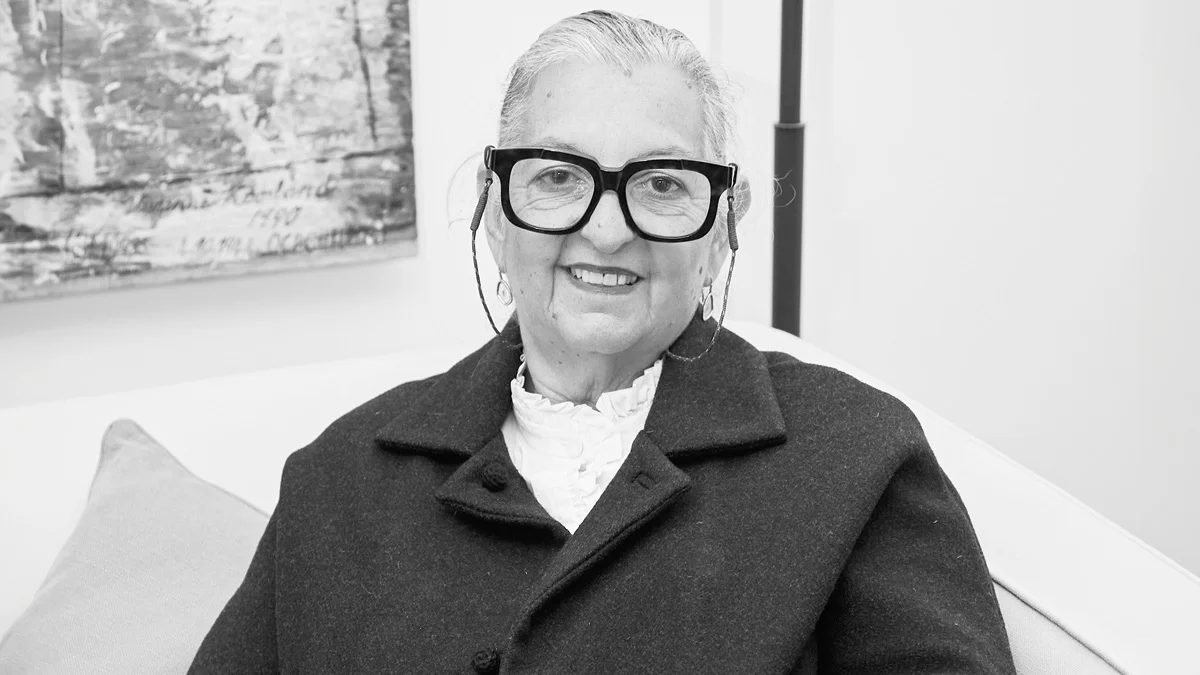
Moira Benigson, founder and chairman of executive search firm MBS, has placed many of the former Mars, Asda and Tesco protégés in top jobs. She says it takes great leaders to develop the next generation – and she believes they will soon be coming from Marks & Spencer.
“To make a great leader you must have a great leader at the top who believes in building bench strength and the leaders of the future. Allan Leighton did it at Mars and then again at Asda with Archie Norman,” she says.
“Now Archie is chairman of Marks & Spencer and is working with Stuart Machin, the chief executive and another great leader. Together, they will make the next generation.” But it will take, she estimates, between five and 10 years for the next raft of star executives to emerge.
Baker, however, is not so sure. He suggests it is not yet clear where the next generation of leaders will come from.
“There seem to be far fewer graduate schemes and so many of the best graduates want to go straight into start-ups.”
Browett agrees that a lot of the best young talent and smart executives of the future have moved into VC and start-up land. There is no single company or overarching organisation, he reckons, that is a standout future boss factory for the mega companies of tomorrow.
The Mars scheme – now called the Mars Leadership Experience – is still going strong, but with a £33,000 starting salary it is no longer the top payer or attractive career setter. Investment banks such as JP Morgan, the City’s numerous “magic circle” corporate law firms and powerful management consultancies are now luring many of the brightest graduates with year-one pay of more than £50,000. Norman suggests Google could also be one such powerhouse of a company. “It does have a lot of talent,” he says.
Norman also believes the era of CEO factories might be over. He recounts the story of a bright young tech worker he met the previous week. She didn’t go into an office, she didn’t work directly with people, and her boss was in the US.
“I am scraping around now,” he says. “The world might have moved on.”
Related and recommended
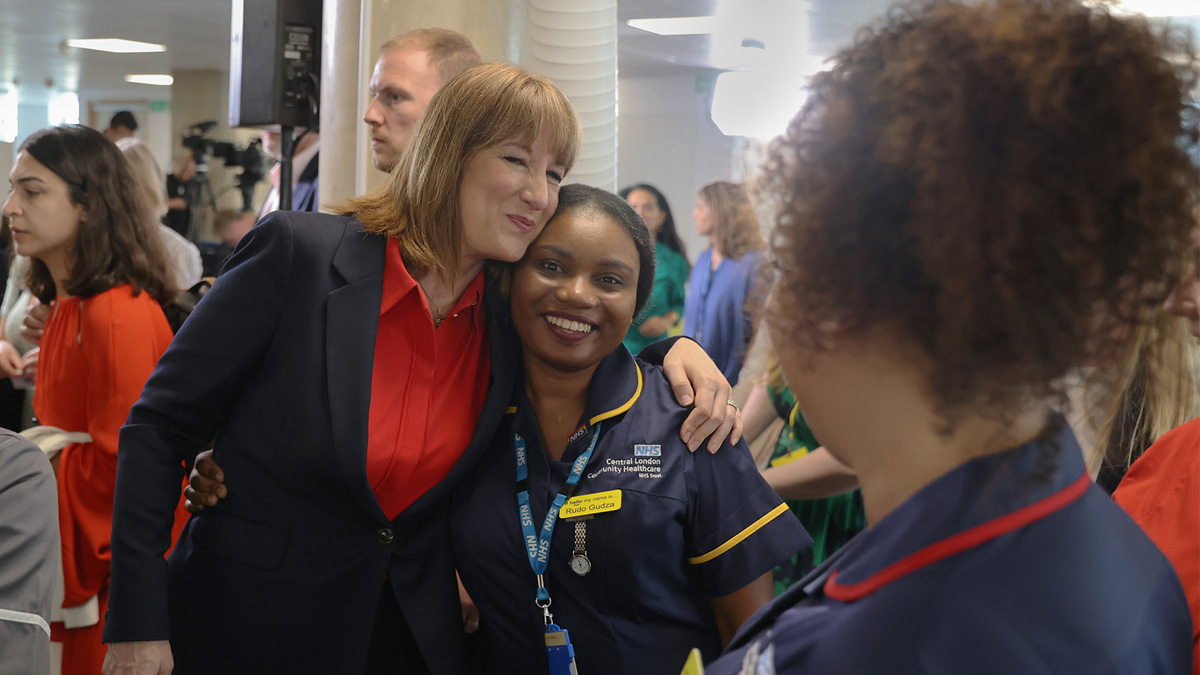
Healthcare and income tax require radical reform, but the Budget revealed little ambition to tackle the big issues
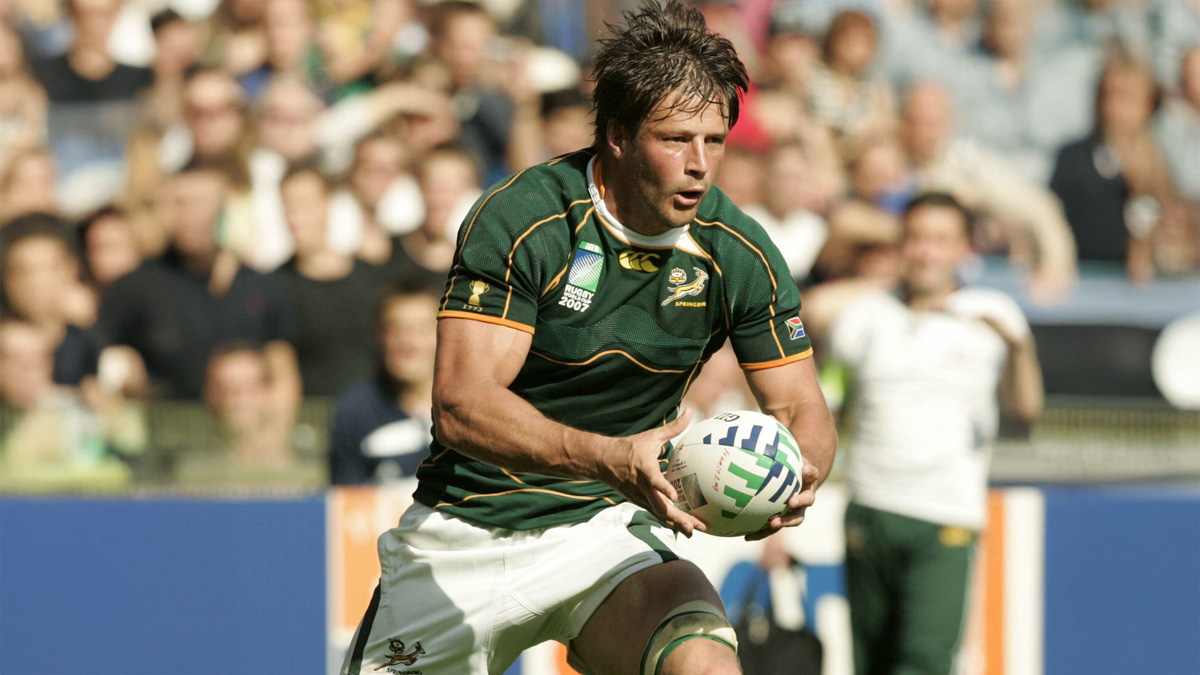
Bob Skinstad’s journey from rugby prodigy to business leader is shaped by scrutiny, setbacks and second chances

After a decade as editor-in-chief, Katharine Viner is using her business acumen to reinvent The Guardian
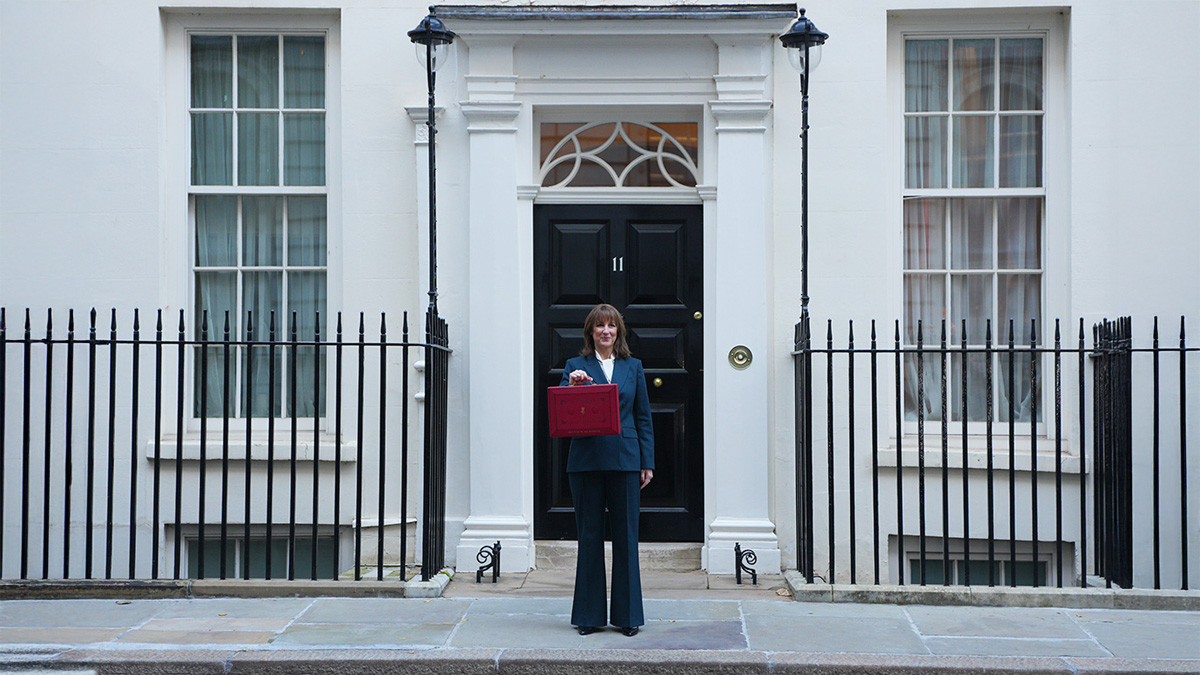
The prime minister and chancellor may be safe for now but Cabinet ministers believe it’s a case of when, not if, they fall

